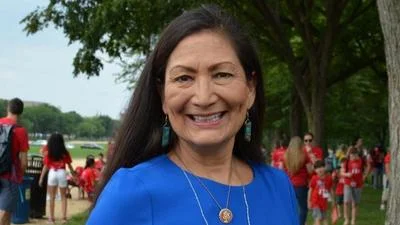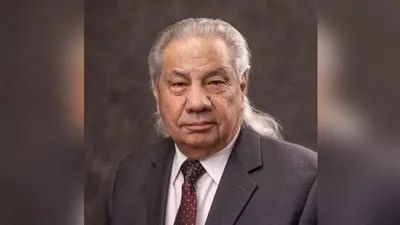The Native American Rights Fund (NARF) is sharing the excitement of Native high school students who are preparing to graduate in December and May. As these students approach graduation, a significant concern for many involves ensuring that school policies honor their right to wear traditional clothing or cultural items during the ceremony.
Native students often choose to wear regalia or related items at graduation as a recognition of their academic achievements, similar to how some students wear honor cords or stoles. Many states and schools have implemented policies that allow Native students the same respect as others wearing symbols of religious and academic achievement. However, some school districts require advance requests for dress code accommodations.
Students, families, allies, and educators may need to help school officials understand the significance of Native regalia used in graduation ceremonies. When administrators recognize the religious, cultural, and academic importance of these items, they are more likely to permit them. NARF provides resources on their website for starting conversations with schools.
This fall, NARF advises Native students and their families to review school policies early and request necessary dress code accommodations well ahead of time. Early preparation allows time for building understanding with school officials who may not have inclusive policies.
NARF anticipates celebrating with graduates as they proudly observe their traditions at commencement ceremonies. Although traditions differ among cultural groups, Native communities view academic success as a rite of passage marked by wearing specific cultural items such as eagle plumes or feathers.
Unfortunately, NARF reports that many Native students face challenges when schools deny requests to wear traditional attire at graduation. Such uniformity requirements force these students into difficult decisions between participating in the ceremony or adhering to their traditions.
To assist in making district policies more inclusive without placing the burden solely on Native families, NARF calls for allies' support. They encourage sharing information about Indigenous rights with local school principals and advocating for policy updates if necessary.
For those seeking further guidance on policy adjustments regarding traditional attire at graduations, additional resources are available on NARF's website.









